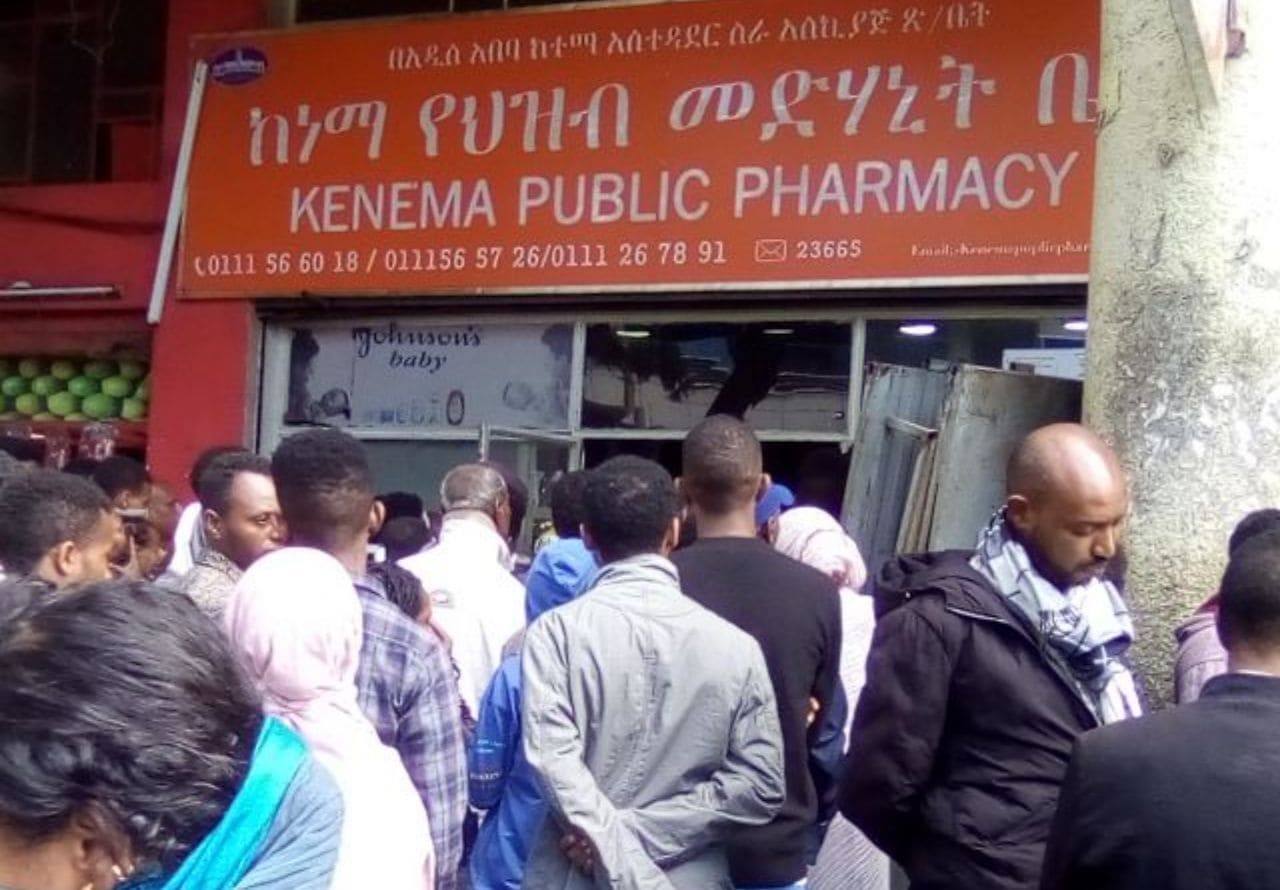
Radar | Apr 15,2023
In an updated manual for the regulation of private healthcare, the Ministry of Health has lifted previously imposed price caps on the provision of COVID-19 healthcare in hospitals. The amendment from the first manual, in place since August of last year, has also lifted the mandatory requirement of providing COVID-19 treatment in a different building to other healthcare services.
The amendment, initiated to encourage the private sector's engagement with less stringent criteria, intends to introduce integrated case management, whereby COVID-19 and non-COVID-19 patients will receive treatment simultaneously. However, the manual maintains that the treatment rooms need to be separated and requires private healthcare institutions to provide treatment at reasonable prices.
The latest manual, in place since early January, also drops the responsibility of private healthcare institutions to provide separate housing, transportation, food and other items to designated health professionals providing treatment. Separate dining, laundry and mortuary rooms are encouraged but no longer mandatory so long as there are separate schedules for the performance of these duties.
Private healthcare institutions, which want to withdraw from giving such services, are obligated to notify the government a month ahead of time, according to the manual.
This will encourage the influx of private health institutions, which are already expected to increase significantly in the coming weeks, according to Yakob Seman, director of Medical Services at the Ministry of Health.
Five private hospitals are currently providing COVID-19 treatment in the capital: Addis Abeba Silk Road General Hospital, Hallelujah General Hospital, Yerer Hospital, American Medical Centre and Bethzatha Hospital.
"The ensuing competition between multiple private treatment providers will result in price regulation," explained the Director-General. "Initially, the price caps were in place as we were in a state of emergency."
The updated manual applies to primary and general hospitals, laboratories, home-based healthcare providers and pharmaceutical companies. In addition to the five private medical centres, five public centres — Eka Kotebe General Hospital, Semegn Kebede Health Centre, COVID-19 Field Hospital, Millenium COVID-19 Care Centre and the ICU section of Saint Paul's Millennium Medical College — are providing treatment.
The impact of encouraging the private sector to join in COVID-19 treatment is no doubt helpful, especially as public health institutions reach capacity, according to Adamu Addissie (MD), associate professor at the School of Public Health at Addis Abeba University.
"It opens up more options available for patients," he said. "It'll also strengthen the private sector's emergency and critical care, which had been minimal up to this point."
Considering that there will be circumstances that will necessitate this in the future, capacity building of the private sector is commendable and compliant with the country's health policy, he added.
But the expert recommends the presence of governmental supervision.
Bias in the selection of patients due to the expensive nature of the treatment on the one hand and the survival needs of private healthcare institutions on the other presents an ethical dilemma.
"Everyone falls sick, regardless of their socioeconomic background," said Adamu, "so there needs to be a mechanism where either the government subsidises the costs or insurance schemes can be set up."
If not, the financial repercussions, especially for those requiring intensive care, may be hard to come back from.
Out of the nearly two million COVID-19 laboratory tests conducted, a total of 137,021 have tested positive, and 2,091 people have lost their lives, according to a report by the Ministry of Health dated January 30, 2021.
PUBLISHED ON
Jan 30,2021 [ VOL
21 , NO
1083]

Radar | Apr 15,2023

Fortune News | Aug 21,2021

Covid-19 | Mar 21,2020

Fortune News | Feb 16,2019

Radar | Sep 11,2020

Fortune News | Nov 24, 2024

View From Arada | Sep 18,2021

Radar | Apr 15,2023

Radar | Mar 30,2019

Radar | May 06,2023

Dec 22 , 2024 . By TIZITA SHEWAFERAW
Charged with transforming colossal state-owned enterprises into modern and competitiv...

Aug 18 , 2024 . By AKSAH ITALO
Although predictable Yonas Zerihun's job in the ride-hailing service is not immune to...

Jul 28 , 2024 . By TIZITA SHEWAFERAW
Unhabitual, perhaps too many, Samuel Gebreyohannes, 38, used to occasionally enjoy a couple of beers at breakfast. However, he recently swit...

Jul 13 , 2024 . By AKSAH ITALO
Investors who rely on tractors, trucks, and field vehicles for commuting, transporting commodities, and f...

Jul 5 , 2025
Six years ago, Ethiopia was the darling of international liberal commentators. A year...

Jun 28 , 2025
Meseret Damtie, the assertive auditor general, has never been shy about naming names...

Jun 21 , 2025
A well-worn adage says, “Budget is not destiny, but it is direction.” Examining t...

Jun 14 , 2025
Yet again, the Horn of Africa is bracing for trouble. A region already frayed by wars...